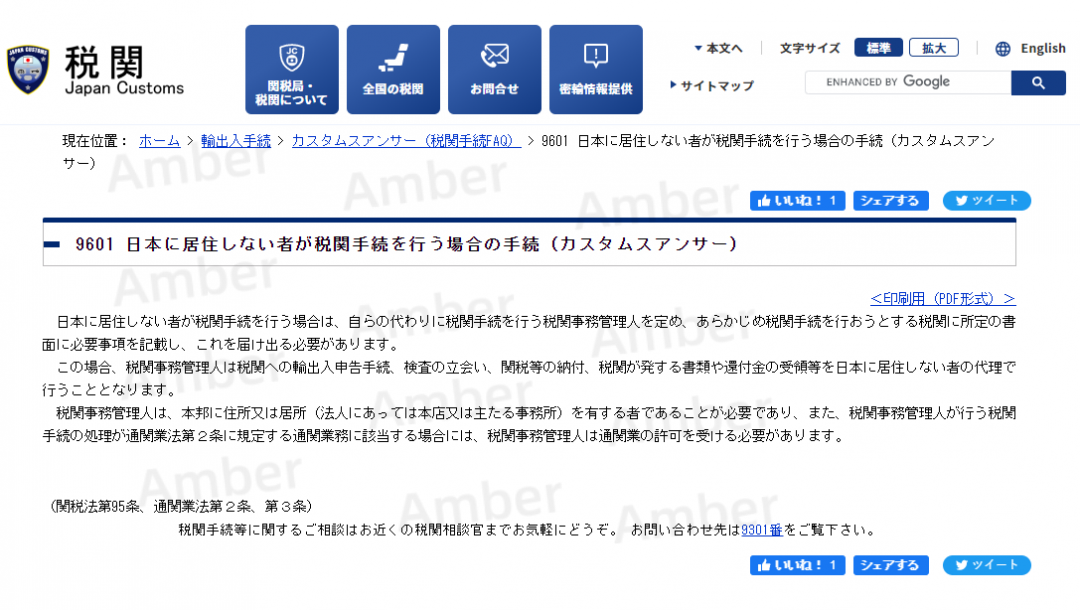With the development of cross-border e-commerce and the release of Japan's consumption tax compliance system, more and more Japanese sellers began to pay attention to the topic of JCT and ACP customs clearance mode.
First of all, let's have a look at what compliance clearance is for ACP and IOR in Japan.
Attorney for Customs Procedure (ACP) For individuals or companies that do not reside in Japan, when they go through relevant procedures as importers at the Japanese Customs, they need to appoint an agent in advance to handle import and export declaration procedures, cooperate with customs inspection, pay taxes, receive documents issued by the customs, receive refund and other matters.
In other words, if an ACP is bound, it can be used as an importer to import goods to Japan even if it does not have a Japanese address. Therefore, ACP can be understood as an offshore importer, playing the role of management and agent.

Acps need to guarantee the following three inputs:
1. Taxes are paid on time
2. Declare the correct price
3. Reply the customs clearance questions on behalf of the importer
Advantages of ACP:
1. ACP is a legal Japanese importer system for overseas sellers;
2. ACP is a one-time payment for permanent use, unless cancellation is requested;
3. It is not necessary to register a Japanese company as the IOR, and overseas company subject can be used for customs clearance to obtain the compliance import license notice.
Cargo import to Japan customs clearance process ★
As for the tariff and consumption tax paid on the import of e-commerce goods and the JCT to be paid after sales, let's first learn about the two departments in Japan:
1) Customs. In the customs, customs duty and input consumption tax need to be paid when the reverse calculation is made. The customs does not care whether you pay the tax again after the sale, but she only cares whether you pay the tax when the goods are imported.
2) The Tax Office. Sales tax, known as JCT, is payable at the time of sale. The tax office has the final say on whether the input excise tax paid at the customs can be deducted or not. As long as you pay the input excise tax in compliance with the customs, provide the compliance instrument (import permission notice), you can deduct.
The two are carried out separately and should not be confused.
What are the advantages of using JCT tax number +ACP binding customs clearance?
The seller uses the mode of Japanese legal person designation + Japan JCT tax number +ACP customs agent to make compliance declaration and pay tax at the normal price, which can realize the requirements of compliance clearance of Japan Customs without the risk of customs seizure. Meanwhile, the invoice of customs clearance can be kept and deducted during JCT declaration. For the seller friends with higher input tax, It can save a lot of cost.
At present, most freight forwarders use the double tax clearance channel. The biggest drawback of this customs clearance mode is that as long as there are illegal products in the same batch of goods, the whole batch of goods will be related, and there is the risk of being detained or even destroyed together.

